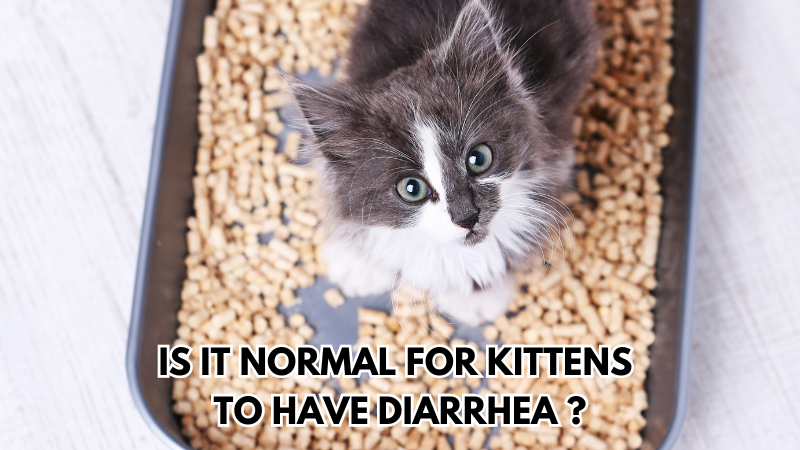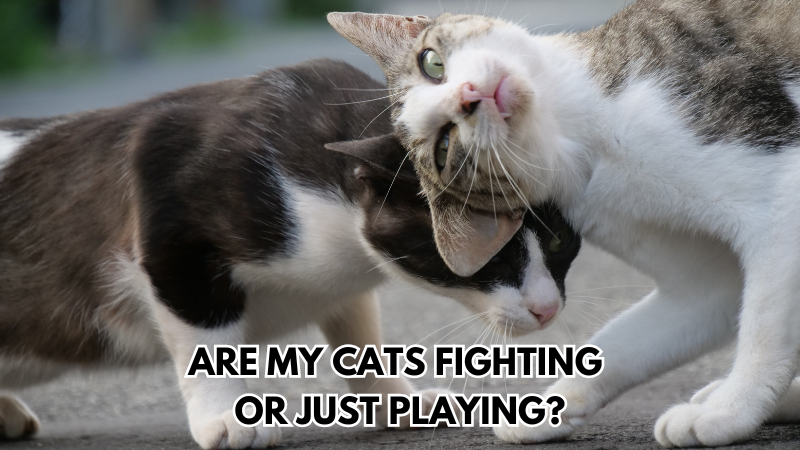Kittens grow rapidly during their first year. Their diet needs to support this growth, provide energy, and ensure they develop strong bones, muscles, and a healthy immune system. Feeding them the right nutrients is the foundation for a long, healthy life. What should a growing kitten eat in a day?
- Essential Nutrients for Growing Kittens
- Choosing the Right Food
- Feeding Schedule
- Portion Control
- Common Feeding Mistakes to Avoid
- Bonus Tip
Ensuring your little furball gets the right nutrients is crucial for their development and overall health.
But with so many options and opinions out there, it can be overwhelming to figure out the best diet for your kitten. Don’t worry, we’re here to help you navigate through the essentials!
Essential Nutrients for Growing Kittens
Understanding what nutrients your kitten needs will help you choose the best food. Here’s a breakdown of the essential nutrients that should be part of your kitten’s daily diet:
Protein
Protein is the building block of your kitten’s growth. It supports muscle development, repairs tissues, and provides energy. Look for high-quality animal proteins like chicken, turkey, fish, and beef. Kittens need more protein than adult cats, so make sure their food has at least 30% protein content.
Fat
Fats are a concentrated source of energy and are essential for brain development, a healthy coat, and skin. Omega-3 and omega-6 fatty acids, found in fish oil and chicken fat, are particularly beneficial. Aim for kitten food with about 20% fat content.
Vitamins
Vitamins play various roles in your kitten’s body, from supporting vision to boosting the immune system. Key vitamins include:
- Vitamin A: Essential for vision and immune function.
- Vitamin D: Helps in calcium absorption and bone growth.
- Vitamin E: Acts as an antioxidant, protecting cells from damage.
- Vitamin B-complex: Supports energy metabolism and overall growth.
Minerals
Minerals like calcium, phosphorus, magnesium, and potassium are crucial for bone development, nerve function, and overall metabolism. Ensure your kitten’s food has a balanced ratio of these minerals to prevent deficiencies and support healthy growth.
Water
Hydration is key. Kittens need plenty of water to stay healthy. Wet food can help with hydration, but always provide fresh water as well.

Choosing the Right Food
With the essential nutrients in mind, let’s look at how to choose the right food for your growing kitten.
Commercial Kitten Food
Commercial kitten foods are formulated to meet the nutritional needs of growing kittens. They come in two main types:
- Dry Food (Kibble): Convenient and helps with dental health. Look for kibble specifically designed for kittens, as it has the right nutrient balance.
- Wet Food (Canned): Higher moisture content helps with hydration. It’s also more palatable, which can be beneficial for picky eaters.
Reading Labels
Always check the labels when selecting kitten food. Look for:
- High-Quality Protein Sources: Real meat should be the first ingredient.
- AAFCO Statement: Ensure the food meets the nutritional levels established by the AAFCO (Association of American Feed Control Officials) for kittens.
- Avoid Fillers: Stay away from foods with unnecessary fillers like corn, wheat, or soy.
Homemade Diets
If you prefer homemade diets, consult with a veterinarian or a pet nutritionist. Homemade diets must be carefully balanced to provide all the essential nutrients. This often includes a mix of raw or cooked meat, organs, bones, and supplements.
Feeding Schedule
Kittens have small stomachs and high energy needs, so they should eat multiple times a day. Here’s a typical feeding schedule:
- Up to 6 months: Feed 3-4 small meals a day.
- 6-12 months: Gradually transition to 2-3 meals a day.
Portion Control
Follow the feeding guidelines on the food packaging, but also adjust based on your kitten’s growth and activity level.
Regularly weigh your kitten and consult your vet if you’re unsure about portion sizes.

Common Feeding Mistakes to Avoid
Overfeeding
Overfeeding can lead to obesity, which can cause health issues later in life. Stick to the recommended portions and monitor your kitten’s weight.
Feeding Adult Cat Food
Adult cat food doesn’t have the right nutrient balance for kittens. Always choose food specifically formulated for kittens.
Inconsistent Feeding
Stick to a consistent feeding schedule to help your kitten develop healthy eating habits.
Bonus Tip: Introduce Variety Gradually
While kittens can eat the same food daily, introducing new flavors and textures can make them less picky eaters as adults. Introduce new foods gradually to avoid digestive upset.
Read: Why Is My Kitten So Hyper at Night ?
Feeding your growing kitten the right nutrients is crucial for their development and overall health. Focus on high-quality protein, essential fats, vitamins, and minerals.
Choose a balanced commercial kitten food, read labels carefully, and follow a consistent feeding schedule. Avoid common mistakes like overfeeding and feeding adult cat food.
Proper nutrition sets the foundation for a healthy, happy cat. By understanding your kitten’s nutritional needs and making informed choices, you can ensure they grow into a strong and vibrant adult cat.
Don’t forget to consult your vet for personalized advice and regular check-ups to monitor your kitten’s growth and health. Remember, a well-fed kitten is a happy kitten!***
Watch Videos about Cat & Kitten Care on Youtube @naowthecat